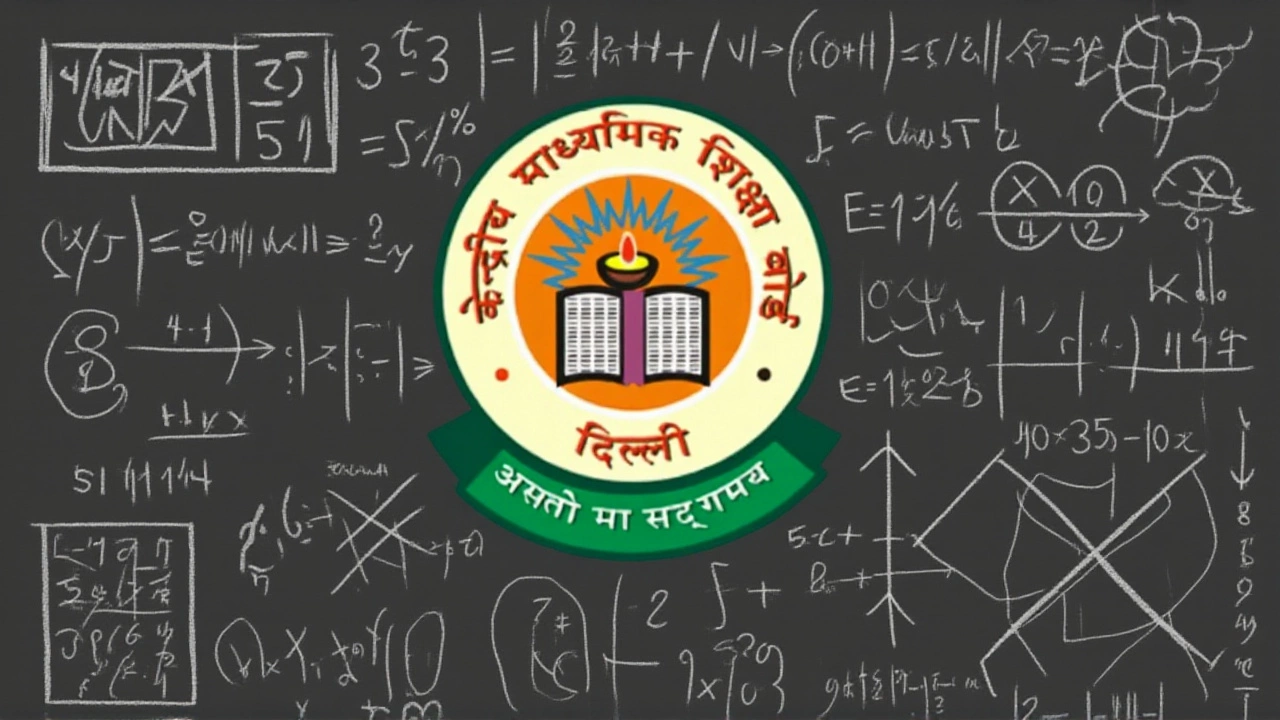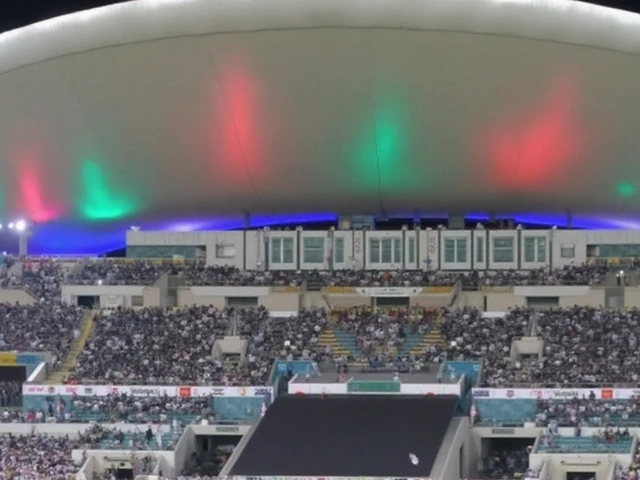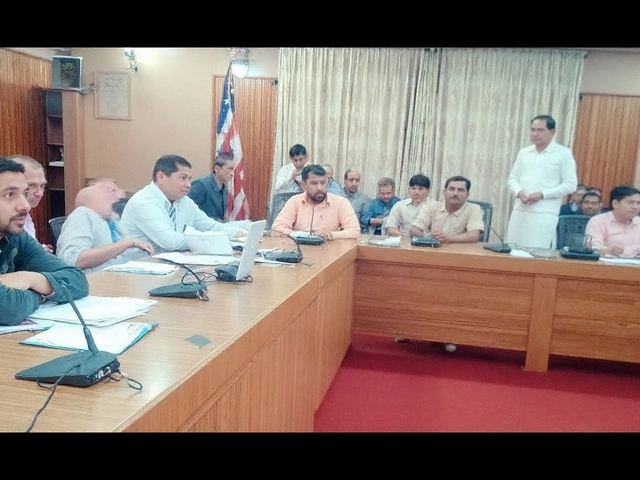 27
Nov,2025
27
Nov,2025
The Central Board of Secondary Education (CBSE) dropped the official notification for the CTET 2026 at precisely 12:00 AM UTC on November 27, 2025 — and within minutes, the application portal at ctet.nic.in lit up with tens of thousands of aspiring teachers rushing to secure their slots. This isn’t just another exam. It’s the gateway to a teaching career in schools across India that operate under the Right to Education (RTE) Act, 2009. And here’s the kicker: the certificate you earn? It lasts forever.
Why This Matters to Every Aspiring Teacher in India
For years, the CTET has been the de facto benchmark for hiring teachers in central government schools, Kendriya Vidyalayas, and even many private institutions that voluntarily comply with national standards. The National Council for Teacher Education (NCTE) — established under the 1993 Act — mandated that no one can be appointed as a teacher for Classes I to VIII without clearing a TET. The 2026 edition marks the 21st time this exam has been held, and it’s bigger than ever. With over 132 cities hosting test centers, from Dibrugarh to Delhi to Dhanbad, the scale reflects the growing demand for qualified educators in a country where nearly 250 million children are enrolled in schools.The exam itself is split into two papers: Paper I for those targeting primary grades (I-V), and Paper II for upper primary (VI-VIII). Both are pen-and-paper, 2.5-hour MCQ tests. What’s new? The language options. This year, candidates can choose from English, Hindi, and more than 20 regional languages — including Assamese, Bodo, Konkani, and even Santhali. That’s not just convenience. It’s recognition that learning begins in the mother tongue.
The Timeline: When to Apply, When to Expect Results
The clock started ticking the moment the notification went live. Applications opened on November 27, 2025, and close on December 18, 2025, at 11:59 PM IST. That’s just three weeks. And if you mess up your form? Don’t panic. There’s a correction window from December 23 to December 26, 2025 — a rare grace period that tells you CBSE knows how high the stakes are.Admit cards? They’ll drop about two days before the exam — so expect them around February 6, 2026. The test itself? Sunday, February 8, 2026. Two shifts. Morning and afternoon. And results? Tentatively March 2026. That’s faster than the 2024 cycle, which took nearly six weeks. A small win for applicants who’ve waited too long before.
Who Can Apply — And What They Need
The eligibility criteria haven’t changed drastically, but they’re strict. For Paper I, you need a minimum of 50% in Class 12 and a 2-year diploma in elementary education (D.El.Ed), or a Bachelor’s in Education (B.Ed). For Paper II, you need a graduation degree plus a B.Ed. No shortcuts. No exceptions. And here’s what most candidates overlook: you must prepare from textbooks explicitly recommended by the NCTE. The CBSE website warns against using “unauthorized material.” That’s not a suggestion. It’s a rule.And yes — the certificate is valid for life. No renewal. No expiry. That’s a policy change from the original 2011 rule, which had a 7-year validity. The shift was quietly implemented in 2022, but many coaching centers still haven’t updated their materials. So if you’ve heard otherwise? You’ve been misinformed.
Regional Impact: Assam and Beyond
In Assam, where the literacy rate is rising but teacher shortages persist, the three test centers — Guwahati, Dibrugarh, and Silchar — will likely see record turnout. According to AssamCareer.com, over 18,000 candidates from the state appeared in the last cycle. This year? Expect 25,000+. That’s not just ambition. It’s economic necessity. Teaching is one of the few stable, government-backed careers in rural India.And it’s not just about jobs. It’s about dignity. A certified teacher in a village school in Jharkhand or Odisha isn’t just educating children — they’re breaking cycles of poverty. The CTET isn’t a hurdle. It’s a ladder.
What’s Next? The Bigger Picture
The Ministry of Education has made it clear: quality teaching is non-negotiable under the National Education Policy (NEP) 2020. By tying certification to the RTE Act, they’re forcing states and private schools to raise their standards. The CTET is no longer just a formality — it’s a national quality control mechanism.Still, challenges remain. In remote districts, access to internet, study materials, and coaching is uneven. Many candidates from tribal areas or low-income families rely on free government portals like DIKSHA or the CBSE’s own resources. If you’re one of them? Don’t wait for a coaching center. Start with the official syllabus. Download the sample papers. Practice in your language. The test isn’t about memorization. It’s about understanding child development, pedagogy, and ethics.
One last thing: if you have questions, email [email protected]. But remember — mention your application number in the subject line. No exceptions. The system is automated. Your email won’t even reach a human without it.
Frequently Asked Questions
Is the CTET 2026 certificate really valid for life?
Yes. Unlike earlier versions that required renewal every seven years, the CTET certificate now has lifetime validity as per the updated NCTE guidelines effective since 2022. This applies retroactively to all past holders and is confirmed in the official CTET 2026 Information Bulletin. No further exams or fees are required.
Can I apply for both Paper I and Paper II in the same exam?
Absolutely. Candidates who meet the eligibility criteria for both papers can register for both on the same application form. The exam is conducted in two separate shifts on the same day — Paper I in the morning, Paper II in the afternoon. Many aspirants do this to maximize their job opportunities across primary and upper primary levels.
What if I live in a small town with no test center nearby?
The CTET is held in 132 cities across India, including smaller urban centers like Silchar, Raipur, and Amravati. While rural candidates may need to travel, CBSE ensures at least one center per district in most states. The official notification includes a downloadable list of centers with addresses. No candidate is turned away for distance — but you must register early to secure a slot in your preferred city.
Are private schools required to hire only CTET-qualified teachers?
Legally, only schools recognized under the RTE Act — including government, aided, and certain private institutions — must hire CTET-qualified teachers. However, most reputable private chains (like DPS, St. Xavier’s, and others) now require it as a standard, even if not mandated. It’s become a market differentiator — parents look for it.
What’s the passing score for CTET 2026?
The minimum qualifying score is 60% (90 out of 150 marks) for general category candidates. For OBC, SC, and ST candidates, it’s 55% (82 out of 150). These thresholds have remained unchanged since 2015. The exam is not graded on a curve — so everyone who hits the cutoff gets certified, regardless of how others perform.
Can I use my CTET certificate to teach in another state?
Yes. The CTET is a national certification. Whether you’re applying for a job in Tamil Nadu, Punjab, or Arunachal Pradesh, your certificate is valid everywhere. Some states conduct their own TETs, but they often accept CTET as equivalent — especially for central schools. Always check the specific state’s recruitment notification, but nationally, it’s universally recognized.




